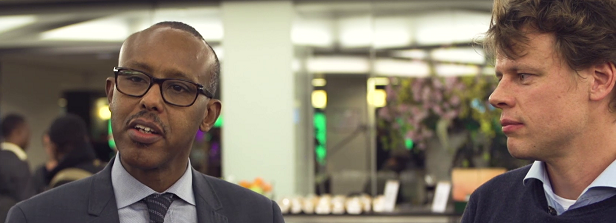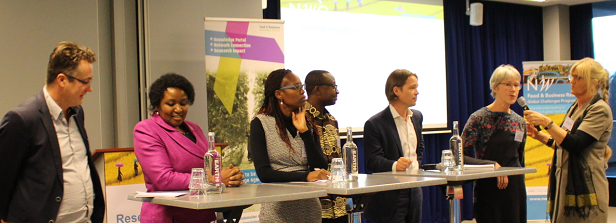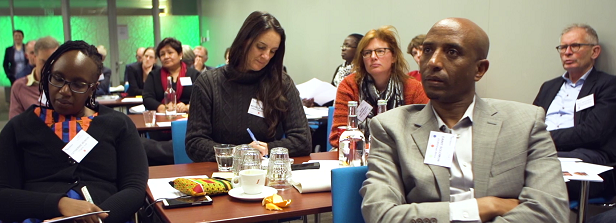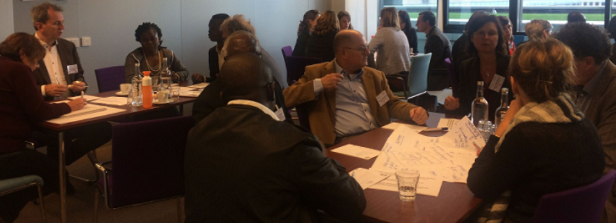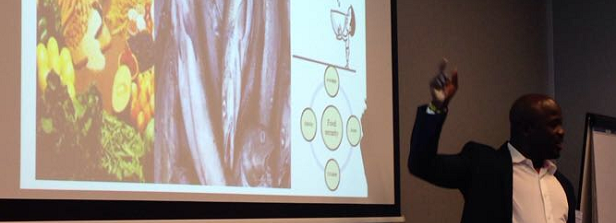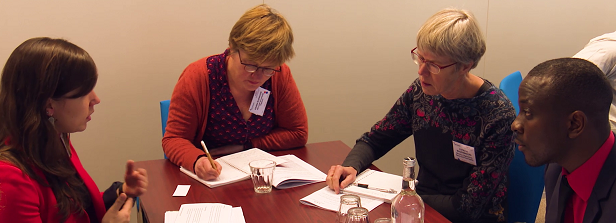Carrying out research through multi-stakeholder partnerships, such as in the Global Challenges Programme (GCP) and Applied Research Fund (ARF) research projects, is relatively new, both in the Netherlands and its partner countries in the Global South. Knowledge co-creation is defined as joint learning and knowledge exchange processes through which actors create and negotiate new knowledge. It corresponds with the idea that not only scientific knowledge is relevant to finding solutions to persistent and ‘wicked’ problems such as food security, but that knowledge from other actors, such as farmers, the private sector and policymakers, is also important. Furthermore, bringing together different perspectives allows for knowledge that is not only scientifically reliable, but is also accepted and applicable in different social contexts. »
